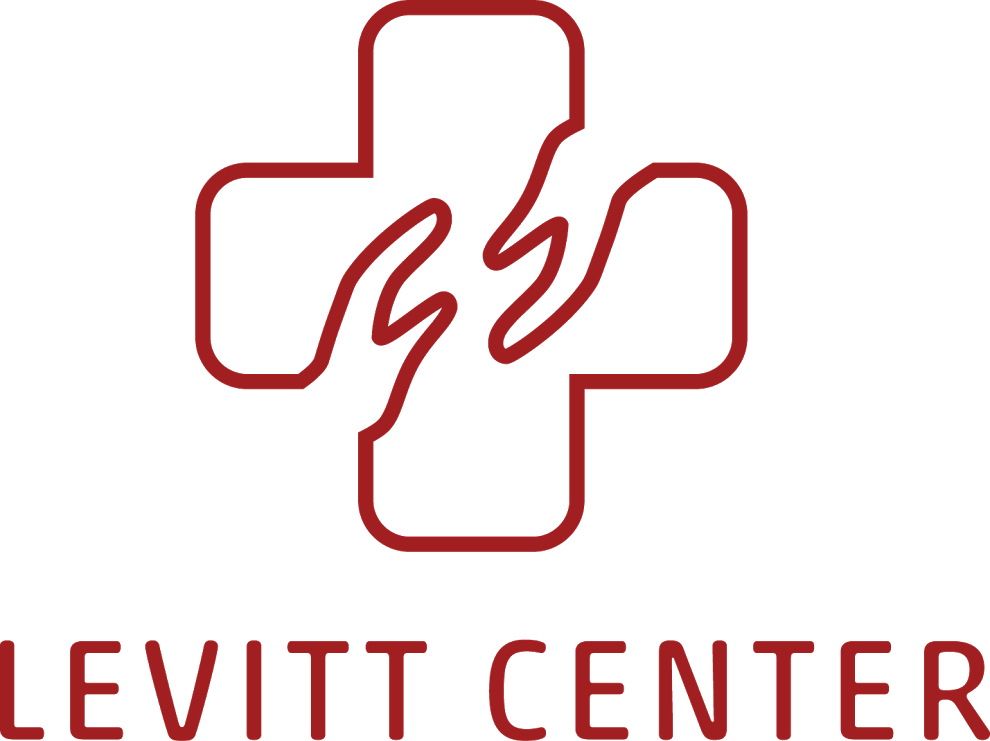Levitt Center Work with ACHCH COVID-19 Emergency Housing Programs
Dr. Harrison Alter, Director of Research at the Andrew Levitt Center for Social Emergency Medicine, has been working on emergency programs to house people exposed to homelessness during the COVID-19 Pandemic. The Levitt Center is part of a multi-disciplinary emergency response team assembled by Alameda County Health Care for the Homeless, the agency charged with protecting some of the County’s most vulnerable residents. Dr. Alter has been working at one of the County operations centers since March 23, providing clinical oversight for the project. The team is creating two separate programs to house people exposed to homelessness during the COVID-19 pandemic: Operation Comfort and Operation Safer Ground.
Operation Comfort is for people who are known or presumed to have COVID-19, or have been exposed to such a person, but are not sick enough for hospitalization. These are people who would be asked to engage in home isolation, if they had a home. Operation Comfort provides a room, three nutritious meals per day, and support services such as those that might be found in permanent supportive housing. A harm reduction framework dominates the design, such that few judgments about the choices the guests make will influence their eligibility to stay; rather all efforts are made to see that their stays are safe given their choices.
In contrast, Operation Safer Ground, the larger of the two programs, is intended for people not thought to be infected with coronavirus but who are medically fragile. These people, who include elders and people with chronic medical problems, are likely to become severely ill if they become infected, and so they require faithful social distancing to stay safe. This could be easily arranged for people with homes but is nearly impossible for those without. Operation Safer Ground allows medically fragile people who are also experiencing homelessness to practice safe social distancing.
Neither project will be able to house all County residents who are coping with homelessness or unstable or unsafe housing. But the operations will provide safe harbor for some, and in doing so may make unsafe congregate living settings -- such as shelters, encampments and group living centers --- less congested and thus safer.
In so many ways, playing a leadership role on these projects is a culmination of Dr. Alter’s career. His foundational work in Social Emergency Medicine, describing the intersection of social equity, health equity and community and individual well-being, informs his contribution to the County teams. Similarly, his years of providing emergency care to Alameda County’s most vulnerable residents in the Highland Hospital Emergency Department give him the clinical experience to understand the key medical issues facing the team, and the hotel guests.
